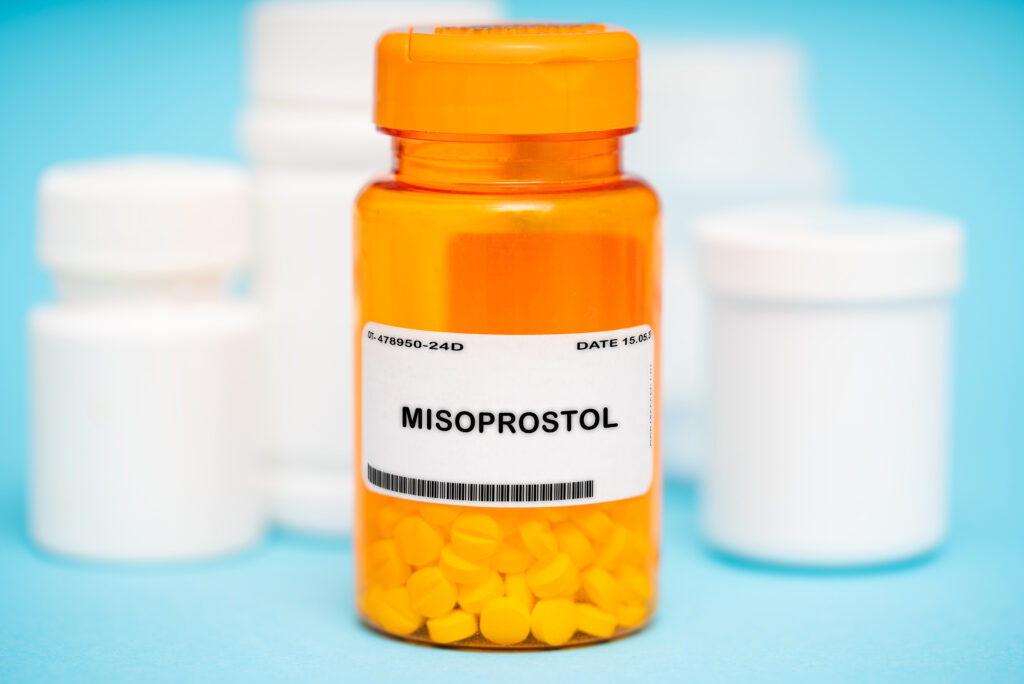
Amber Nicole Thurman’s tragic death underscores the risks faced by women under restrictive abortion laws — and in her case, a rare complication from a clinic-provided abortion pill.
While the mainstream media and the left are blaming her death on President Donald J. Trump today, her condition was made worse by abortion medicine given to her in North Carolina after she was denied an abortion in Georgia.
Thurman, 28, a Georgia resident and mother of a 6-year-old, found herself caught in the middle of Georgia’s six-week abortion ban, implemented after Roe v. Wade was overturned in 2022.
Unable to access abortion care in her home state, she traveled to North Carolina, where she was given mifepristone and misoprostol, medications typically used to end early pregnancies.
As of July 1, 2023, abortion in North Carolina is currently illegal after 12 weeks of pregnancy. It is not known why the clinic prescribed the medicine instead of performing the legal abortion in that state.
After taking the pills at home, she experienced a rare complication: not all the fetal tissue was expelled from her uterus. According to medical experts, when tissue remains, it can lead to infection, which, if untreated, can cause severe issues like sepsis.
Thurman started suffering from heavy bleeding and intense pain caused by the serious infection. She lost consciousness, prompting her to seek medical care at Piedmont Henry Hospital in Stockbridge, Georgia.
But here’s where Georgia’s stringent laws kicked in. Despite her deteriorating condition, doctors were forced to delay the necessary dilation and curettage (D&C) procedure, which could have cleared the remaining tissue and treated the infection.
It is also not known whether or not the delay was because of the Georgia law or because of the infection caused by a mismanaged abortion from North Carolina.
The same outcome could have happened in Georgia, if Georgia had the same laws as North Carolina and if she opted for the medicinal abortion over the D&C.
Instead, they waited 20 critical hours to monitor the infection, as dictated by state.
During that delay, Thurman’s condition worsened. Her blood pressure dropped, her organs began to fail, and tragically, she lost her life.
It is also not clear as to whether an immediate D&C would have produced a better outcome for the patient.
This heartbreaking incident highlights not only the danger of rare medical complications from abortion pills but also the controversy over possible life-threatening impact of laws that prevent timely medical intervention.
